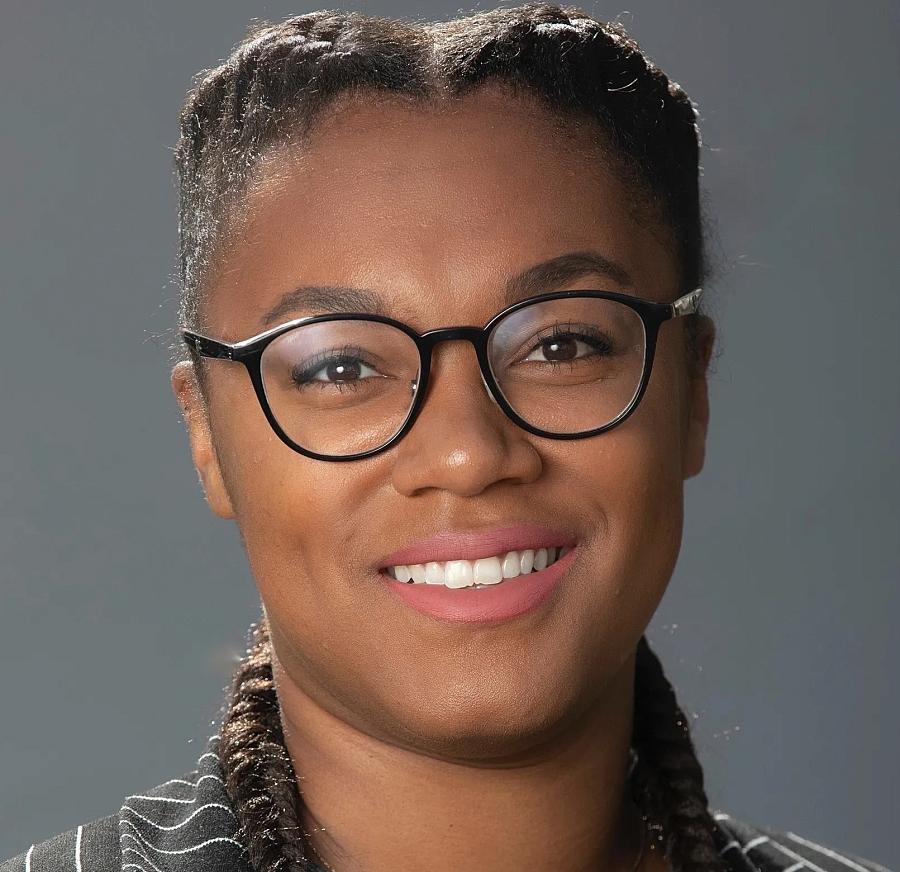‘Dangerous Deliveries’: The Spread of America’s Maternity Care Deserts
The U.S. is facing a growing crisis in maternity care, as rural hospitals and obstetric units close and mothers face long, dangerous journeys for care. The growth of these maternity care deserts disproportionately harms women of color, who are already at increased risk for life-threatening pregnancy complications and poor outcomes. In Georgia, more than 40 labor and delivery units have closed over the past three decades, and nearly half of the state’s predominantly Black counties now qualify as maternity care deserts. Across the country, about 2 million women of childbearing age live at least 25 miles from labor and delivery units, which are often first on the chopping block when hospitals run into financial trouble. The loss of these essential health care facilities in disproportionately poor, Black and rural areas is “the definition of structural racism — underinvestment in community,” as one Black maternal health expert put it. In this webinar, we’ll hear from two reporters who have extensively reported for Capital B and USA Today on America’s maternity care crisis and the unequal harms suffered by pregnant women of color and their children. Reporters will gain essential context, resources and data points, and story ideas for covering this worsening maternal health crisis in their area.
This webinar is free and made possible by The Commonwealth Fund and the National Institute for Health Care Management Foundation.
Panelists

Nada Hassanein is a health care reporter for Stateline with a focus on inequities. Previously, she was the environmental and health inequities reporter for USA TODAY, where she reported the series “Pregnant But Unequal” with support from the Center for Health Journalism’s 2022 Impact Fund for Reporting on Health Equity and Health Systems. Before that, she was a social issues reporter at the Tallahassee Democrat, covering immigration, health, domestic violence and issues affecting marginalized communities. As a 2019 Center for Health Journalism National Fellow, she reported “The 32304 Divide,” a project that focused on socioeconomic factors that impact children’s health disparities in Tallahassee. The Florida Society of News Editors awarded the project a Gold Medal and a First Place award, and it also received a Green Eyeshade First Place award from SPJ Southern Region. She earned a bachelor’s degree in journalism and psychology from the University of Central Florida.

Margo Snipe is national health reporter at Capital B News, and a 2022 National Fellow at the Center for Health Journalism. She covers critical issues affecting the mental and physical health of Black people across the country. She was previously health equity reporter at the Tampa Bay Times after graduating cum laude from Georgetown University, where she got a bachelor's degree in psychology and was captain of the varsity women's volleyball team. She started as a sports writer and assistant sports editor at The Hoya, the student newspaper, then interned with a local PBS station in Newark. She has since interned at CNN, CBS News and The Marshall Project. She is a member of IRE, NABJ and the Tampa Bay Association of Black Journalists.
Suggested reading
View Margo Snipe's webinar slides.
View Nada Hassanein's webinar slides.
“Dangerous Deliveries,” Margo Snipe, Capital B
“The Story Behind ‘Dangerous Deliveries’” by Margo Snipe, Capital B
“In rural America, maternal health care is vanishing. These moms are most at risk.” By Nada Hassanein, USA Today
“Native Americans given promise of health care. For rural moms, it's an empty one.” By Nada Hassanein, USA Today
“Inequities in maternal health care access are not new. They have deep roots in history.” By Nada Hassanein, USA Today
“Maternal mortality rates are higher for rural women of color. Data, charts, and maps show the disparity.” By Janie Haseman, Jennifer Borresen, Nada Hassanein and Doug Caruso, USA Today
“Maternity Care Deserts Report” (2022), March of Dimes
“How to tell the stories of mothers living in maternity care ‘deserts’” by Nada Hassanein, Center for Health Journalism